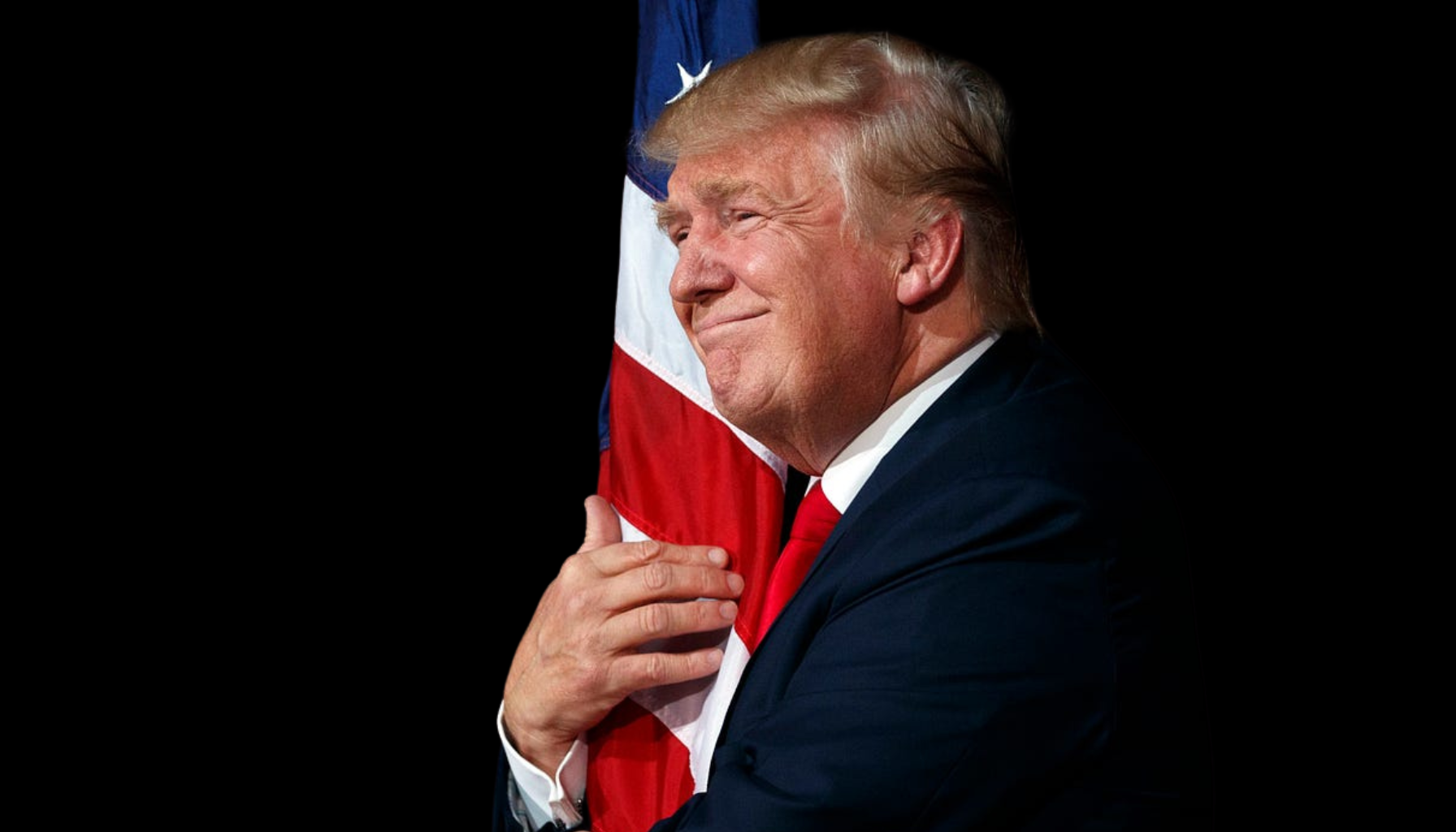
The Great American Exodus: Why Politicians, Celebrities, and Voters Are Walking Away from the Democratic Party
Something big is happening in America. Something that is not just more election cycle noise. Political heavyweights to everyday folks of different walks of life, people are choosing to step away from the Democratic Party. This shift feels like more than politics—it’s cultural, social, even personal.
Big names like Tulsi Gabbard, Bobby Kennedy Jr., and Elon Musk are leading the charge, drawing attention to why they’ve had enough. For Gabbard, it’s the party’s deep dive into identity politics and censorship. For Musk, it’s a sense that innovation and progress have been sidelined for division. These aren’t isolated moves. They reflect what millions are already feeling: something’s off, and it’s time to reassess loyalty.
It’s not about wearing a MAGA hat. Nor is it about cheering at rallies. No, it’s actually deeper than that. A lot of Americans are realizing that the real power struggle isn’t between the right and left. It’s between we the people and a political class that doesn’t seem to listen.
The Establishment’s Crumbling Edge
One unexpected voice captures this frustration well: Cenk Uygur. The founder of The Young Turks and one of Trump’s fiercest critics, Uygur still recognizes a larger issue. He said it outright in a tweet that resonated far and wide:
“MAGA is not my mortal enemy, and neither is the extreme left. My mortal enemy is the establishment.”
What does that mean, exactly? For decades, the establishment—both political and corporate—thrived by controlling what we think. Mainstream media served as its microphone, defining the “acceptable” conversations.
When people questioned these narratives, the labels came fast. Conspiracy theorist. Extremist. Fringe. It kept dissent in check. Until recently.
Independent voices have shattered this monopoly. Online platforms and creators are strong enough now to challenge the old gatekeepers. Joe Rogan, Rumble, Substack—names that didn’t hold power 15 years ago are reshaping where we turn for truth.
It’s not perfect, of course. But Americans are hearing perspectives they didn’t hear before, and many are waking up to see how their opinions have been curated, maybe manipulated, for too long.
The Stars Align—And Leave
If big shifts in politics have a face, it’s people like Tulsi Gabbard and Bobby Kennedy Jr. Tulsi walked away, fed up with what she called “authoritarianism” and groupthink. Musk’s move, meanwhile, caught many by surprise. A tech giant once celebrated as a liberal trailblazer, Musk now accuses the Democratic Party of favoring division instead of progress.
And then there’s Bobby Kennedy Jr. His decision to run as an independent feels significant—maybe even historic. He’s drawing support from people who don’t fit neatly into political boxes anymore.
These moves tell us something bigger is happening. People are tired of the political class living in its own bubble, disconnected from their struggles. While media focuses on cultural battles and Twitter storms, many Americans are dealing with rising costs, crumbling schools, or uncertain futures.
It’s not about liking or disliking Trump. Even those who can’t stand him are reconsidering his policies when it comes to inflation or jobs. Leaders like Trump and Kennedy—despite their polarizing reputations—speak to practical problems. That’s what people care about now: solutions over speeches.
The Shift in How We Listen
The media revolution is at the heart of this political and cultural exodus. Legacy outlets, whether it be CNN, MSNBC, or Fox News, are losing viewers fast. It’s not hard to see why. Audiences feel the bias, the omissions, and the predictable talking points.
Independent media is filling the gap. Uygur noted something profound when he said, “Their oppressive monopoly on the American mind has been broken.” That might sound dramatic, but there’s truth in it. People now listen to podcasters, creators, and small news platforms because they feel real. Unfiltered. Authentic.
Of course, independent media isn’t flawless. But the shift isn’t about perfection—it’s about trust. Americans are tired of polished narratives that don’t match their reality. And while the establishment scrambles to keep up, a new information landscape is being built in real time.
What’s Next?
America is changing. The cracks in the establishment’s hold are turning into something bigger. Despite what the politicians want us to believe, it’s not a left-versus-right battle anymore.
The question now is whether Americans can build something better out of this shift. Can people unite around practical solutions and reject the division fed to them? Or will this moment slip away, as new power players replace the old ones?
Cenk Uygur said, “The revolution has already started.” Maybe he’s right. Millions of Americans have stopped playing by the old rules. They’re leaving parties, abandoning media, and demanding something different.
The future of American politics might not be a red wave or a blue wall—it could be a wave of people who refuse to be divided. And that could change everything.
Disclaimer:
This article is for informational purposes only and does not constitute financial, legal, or professional advice. The information provided is based on current knowledge and understanding, and while we strive for accuracy, we make no guarantees regarding its completeness or applicability. Parler assumes no responsibility for any actions taken based on this information. For specific advice, please consult a qualified professional.
